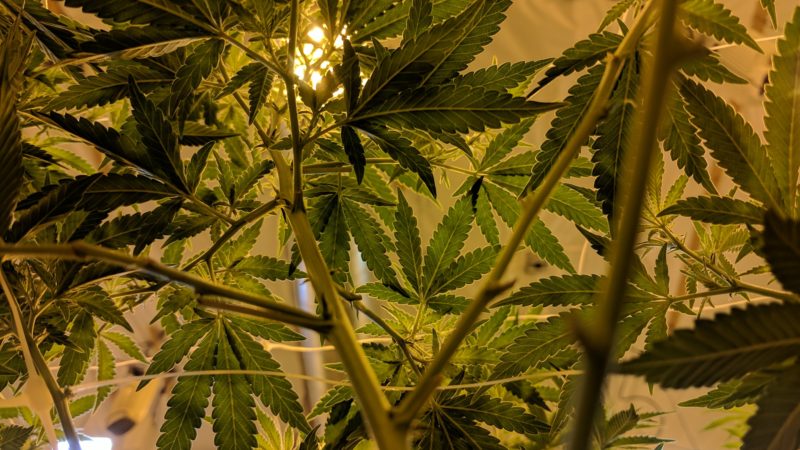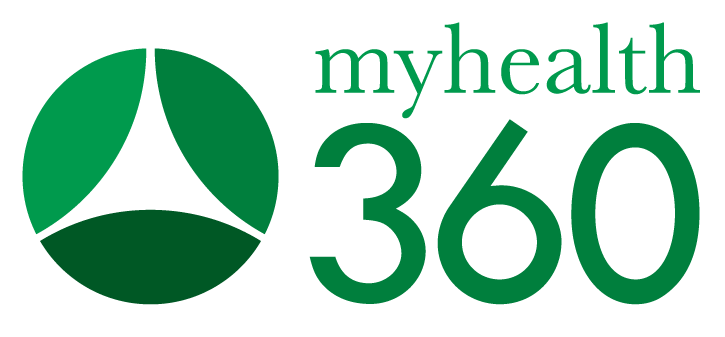
Medical Marijuana Certification in Pennsylvania – a 1-Year Retrospective
As of the spring of 2018, physicians who became credentialed to certify patients for medical marijuana began referring their patients to dispensaries around the Commonwealth. Since then, more than 105,000 patients have registered and over 90,000 patients have been given certifications to procure pharmaceutical-grade marijuana at one of hundreds of dispensaries now in operation. Dispensary owners had to invest $250,000 to open their doors for business – which, as you can imagine, has led to very rapid expansion over the past year, and robust profit seeking. One might imagine that the industry has become the “wild West.” However, interestingly, it hasn’t gone down quite that way.
During the first year, the PA Department of Health has been inundated with registrations and certifications and is trying to keep up with the volume – unfortunately, with obvious growing pains – the department is too frequently inaccessible to many. Over time, the process has become more reliable and efficient. Once a registered patient (or his or her caretaker) procures certification and an ID card, he or she may begin the process of determining if medical marijuana is therapeutically beneficial. That process is complicated.
It is known that there have been fatalities associated with marijuana use – but NOT from the marijuana’s direct effect on the body. Rather, anyone who may have made a poor decision to drive or engage in other high-risk behavior while high may have hurt himself or others. However, to date, nobody has ever died from intoxication. If one takes too strong of a dose, she just falls asleep until the effects wear off. The same obviously cannot be said of alcohol, opioids, and tranquilizers – ubiquitous legal recreational and prescription drugs.
There are two species of marijuana – Cannabis Sativa (activating) and Cannabis Indica (calming). There are at least 1600 strains of marijuana available for certification, but some strains are poorly tolerated. I personally advise my patients to use C. Indica, as it facilitates sleep and reduces anxiety, and thereby reduces the psychological component of pain (suffering). Neuropathic pain may be reduced … but nociceptive pain (from acute tissue trauma) seems to be much less beneficially impacted by marijuana.
Medical marijuana comes in various forms. While vaporized oil or leaf may be inhaled (immediate action) with a “vape pen,” there are other modes of administration that are often far preferable. Sublingual tincture is also fast-acting, but duration of action is short-lived. Many patients prefer longer-acting preparations like swallowed capsules or transdermal (topical) creams or patches. Surprisingly, most patients seek strains that have limited euphorigenic THC (delta-9 TetraHydroCannabinol), preferring strains with greater concentrations of non-euphorigenic Cannabinol, Cannabichromene, and terpenes (linalool, humulene, and beta-myrcene) that decrease spasm, inflammation, and perhaps pain. In addition, a fairly significant minority of patients forego continuation of marijuana, as they do not find it to be therapeutically beneficial in the face of high financial cost. Interestingly, Cannabidiol, currently purchased by many to improve sleep and reduce anxiety, has little analgesic effect.
Unfortunately, marijuana remains a Schedule I drug, prohibiting robust scientific research … that could lead toward isolating the most analgesic cannabinoids. If marijuana is rescheduled to Schedule II, like the most addictive opioids that physicians can prescribe, this research could be productive.
There are 21 approved medical conditions for which physicians can certify those patients suffering with them (well documented at https://www.pa.gov/guides/pennsylvania-medical-marijuana-program/). This website also lists all dispensaries in PA from which medical marijuana may be procured. Clinicians (pharmacists and physicians) provide unlimited free consultation to patrons during the year of their certification, with hopes of identifying one or more strains of marijuana that provide the desired therapeutic benefit of reducing symptom burden while avoiding negative side effects.
I provide certification for anyone over 21 years of age who has not responded to a comprehensive conservative treatment plan and who does not suffer with opioid use disorder or unstable psychiatric illness.
At a time when we physicians are trying to minimize the use of opioids and are also wrestling with side effects from prescribed adjuvant analgesics, medical marijuana offers a potentially valuable alternative in managing pain and associated challenging side effects including anxiety, insomnia, and functional impairment.












